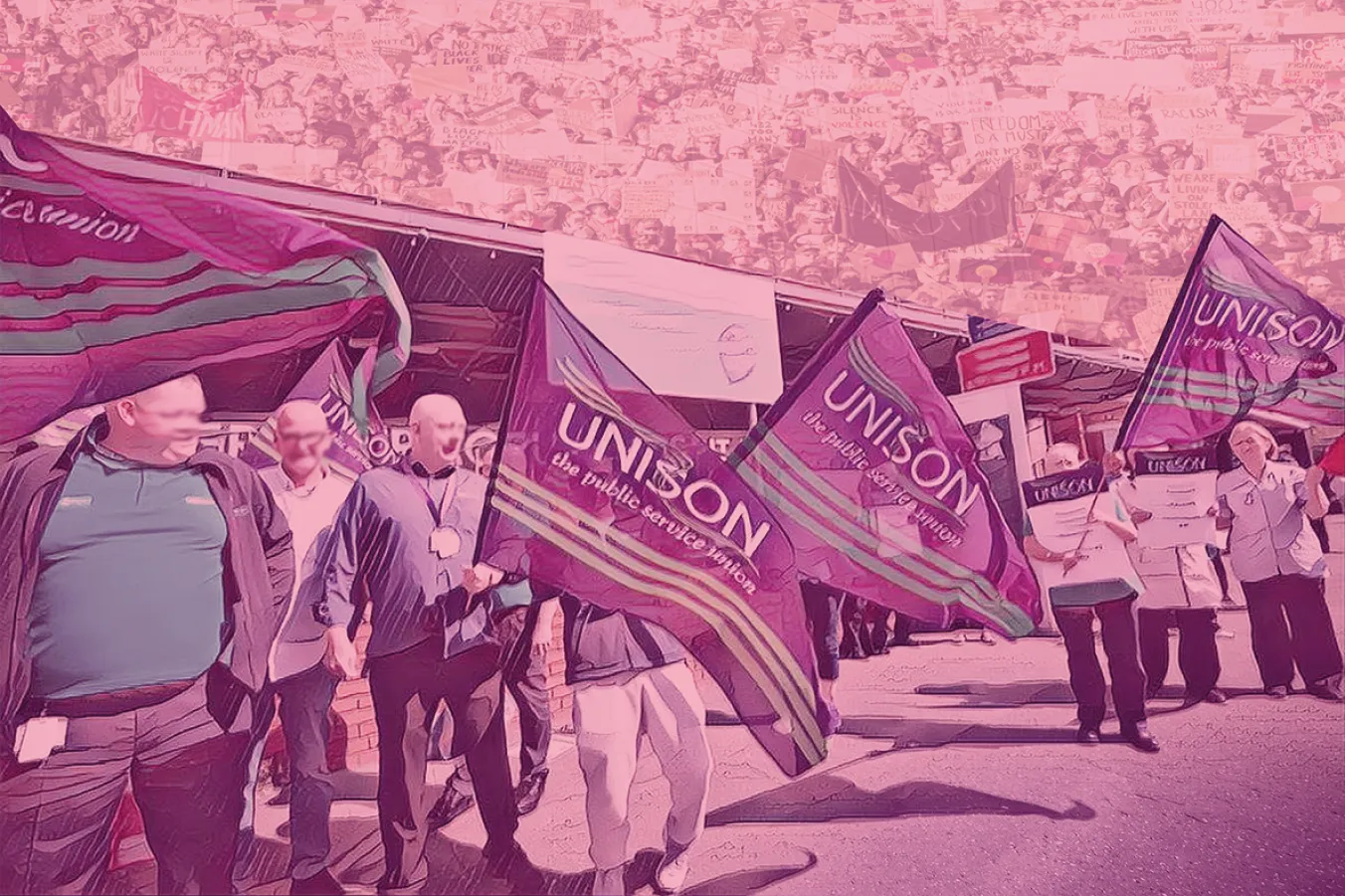The proxy war in Ukraine is heading to a denouement with the US and Russia dividing the spoils while the European powers stand bewildered by events they have been wilfully blind to, says KEVIN OVENDEN
As inequality grows, so too does our collective power
As we watch the cost-of-living crisis deepen and see full-time workers relying on foodbanks and charities, we are also witnessing the rapid growth of class consciousness and trade union action against poverty, writes BRENDA AITCHISON

LAST WEEK saw the publication of the latest issue of Rolling Stone magazine. There was much media attention due to its cover star Harry Styles’s resplendent pink sequin shorts and white fur coat. But it was the editor’s letter by Cliff Joannou which caught my attention.
He writes that we don’t hear good news and we often don’t have much to celebrate — but as British music exports rose by 13.7 per cent in 2021, he says that the arts are here to save us.
As I visited the Edinburgh Festival last week, I agreed in part. The performances were diverse, entertaining, thought-provoking, joyous — a visual and auditory feast.
More from this author

With the Scottish government’s Budget day coming up in early December, BRENDA AITCHISON presses for public services to be properly funded at last after years of neglect and austerity

This year is the Unison Year of LGBT+ Workers, and this means all of us in the trade union movement must acknowledge the deepening challenges that are emerging in Britain and around the world, writes BRENDA AITCHISON

Unison local government committee member BRENDA AITCHISON explains why huge numbers of local government workers in schools will be taking strike action next week across Scotland

Scotland is looking at a groundbreaking extension of social provision — or is it? Unless this project is publicly funded and run, with the private equity firms and hedge funds kept out, it will be a step sideways at best, argues BRENDA AITCHISON
Similar stories

Despite the change in government, the NHS staffing emergency and council funding shortfalls continue while military spending rises, writes RUBEN BRETT

With the Scottish government’s Budget day coming up in early December, BRENDA AITCHISON presses for public services to be properly funded at last after years of neglect and austerity

We utterly reject the Scottish government’s pretence that wage claims in public services are the reason for savage spending cuts — raise taxes to pay workers better for better services, writes COLETTE HUNTER, of Unison Scotland

This year is the Unison Year of LGBT+ Workers, and this means all of us in the trade union movement must acknowledge the deepening challenges that are emerging in Britain and around the world, writes BRENDA AITCHISON









